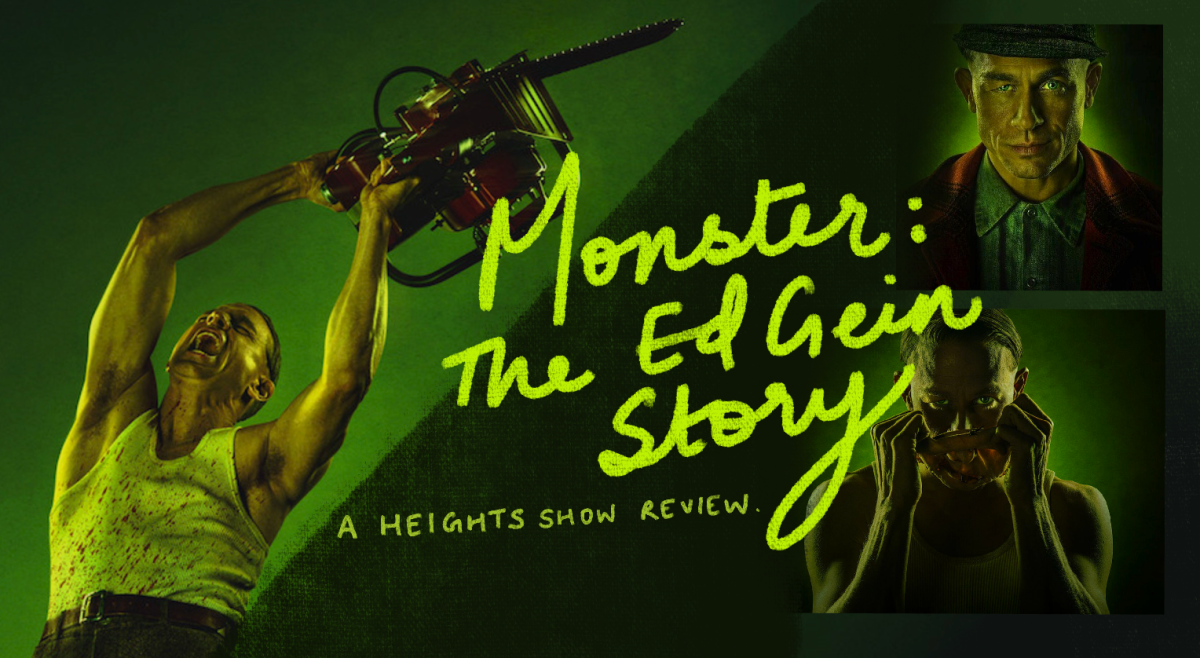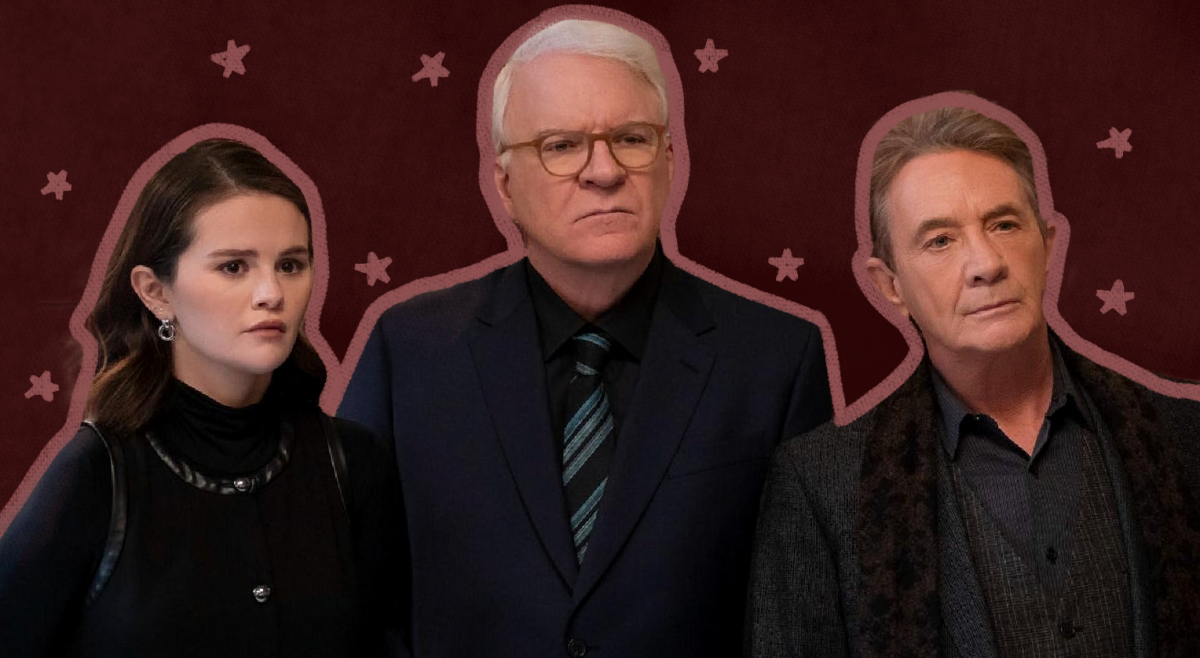Director Aaron Sorkin breathes new life into HBO’s ‘The Newsroom’ by relying less on fact than fiction for the plot lines of this season’s episodes.
Aaron Sorkin’s The Newsroom premiered with its third and final season this month. Following a lackluster second season—marked by an overall decline in viewership—HBO decided to cut this final season from 10 episodes to a mere six.
Sorkin’s first episode of the season touched close to home, as the storyline focused on the reporting of the Boston Marathon bombing. Sorkin takes his viewers through the event, from the actual explosion to the suspect’s capture in Watertown. Many here on campus can attest to being in Boston for these events, and watching them unfold on screen may be an unwelcome reminder of this somber past. Sorkin seems to be hyperaware of the sensitivity, as he payed close attention to keeping its sanctity intact.
The second episode, “Run,” which ran this past Sunday, sees the drama heat up for the first time this season. Rather than focus on real news stories—which has been The Newsroom’s set-up since its conception—“Run” is centered on a fictional plot twist, developing the series’ characters. In the episode, resident tech guru Neal receives thousands of classified documents from a disclosed source, which attract the attention of the FBI. Don and Sloan, a producer and financial advisor respectively, also find themselves in trouble when they unintentionally commit insider trading.
Shifting away from real world events has brought new life to The Newsroom. In every episode up to “Run,” the outcome has been inevitable, the details too quickly falling into place, as viewers had likely followed the same very news story the year before. The concept originally was fascinating, but grew tiresome after two formulaic seasons. For this fall’s first two episodes, characters are on the run, the plot is unpredictable, and it seems as though the excitement has just started to heat up.
https://www.youtube.com/watch?v=79JJOPHW_NQ
It’s unfortunate that the heat finally comes just as the series winds down. This season, Sorkin seems finally to have found his footing. He no longer spends too much time on tedious dialogue or undermining female characters, but rather does the opposite, making a warrior out of Maggie, a reporter who, until now, has struggled with low self-confidence and dependence on men.
It’s almost as if Sorkin is heeding his critics. On The Late Show With Seth Meyers last week, he poked fun at the stereotype he’s created of himself. In a scene with Maggie, she makes a tongue-in-cheek reference to the amount of dialogue Sorkin writes for the show. This newfound self-awareness has been the ticket to returning to the quality production you could find in Sorkin’s masterpieces The Social Network and A Few Good Men.
In “Run,” the dilemma Neal finds himself faced with may strike some as remarkably similar to the controversy that surrounds the actions of Edward Snowden. After receiving the stolen documents, Neal finds it his civic duty to make sure the story is reported, even putting his safety at risk. After consulting a lawyer, he finds that he may be faced with an espionage charge and years of jail time, but Neal continues on, not unlike the reporters during the NSA scandal.
Sorkin has mentioned that this season is about the fight between citizen and professional journalism. Sorkin stresses the lack of integrity in citizen journalism, scattering references to sites like Reddit and Twitter in the first couple episodes. The themes of the final season are already evident, the moral imperatives of journalists and citizens the primary concern of the script.
In the Boston Marathon reporting, Will McAvoy (the Brian Williams of the show) proclaims, “Two times in 24 hours law enforcement officials had to publicly disclose information before they wanted to, because either a paper or a website put someone’s life in danger. So I’m not so easily surrendering to citizen journalists or citizen detectives.” It’s a message worth remembering in a time when tweeting or Facebooking is open to near any idea that comes to mind. In its fleeting moments on air, The Newsroom has carved out room for reflection, as Sorkin looks to save the legacy of the show.
Featured Image Courtesy of HBO












